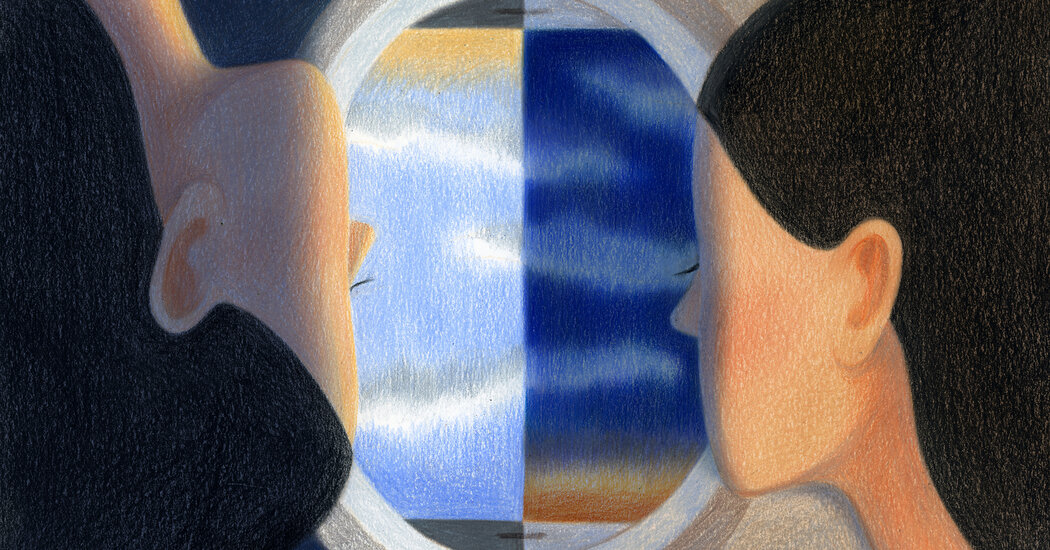But I never really minded the ways my body changed after being flung across time zones and continents. My family and I would always wake up when everyone else was asleep and survey the world together, like explorers on an alien planet, huddled together in the hush of not-yet-dawn. In Japan, my sister, mother and I would snap awake at an impolite time and ease our way downstairs into the damp morning air. Nagoya, my hometown, has a rich and extensive culture of kissatens, or coffeehouses, some of which would open as early as 7 a.m. We killed time in empty playgrounds, my mother teasing us because we couldn’t do flips on the handlebars the way she still could. When the coffeehouse opened, we would slide into velvet booths and order thick slices of hot buttered toast, drinking coffee next to regulars.
Near our Chicago home, jet-lag breakfasts meant a hot hash brown in waxy paper, pebbled ice in orange juice. A strange symmetry would unfold as my parents, sister and I sat in the booth of our local McDonald’s, bleary-eyed and wearing our pajamas. Slowly, as the morning ticked into acceptable time, old men from the nearby senior center would make their usual huddles, drinking coffee out of paper cups and chatting. Jet lag had put us all in one another’s company. We’d walk home the long way, going through the park by the Chicago River.
As I became older and began to think more deeply about my two-country existence, the trips back and forth were gradually accompanied with a fair bit of anxiety. With each visit, I’ve worried that the way would be barred, that I would not be able to return to the place I had known, or to the version of myself that existed there. With each trip, I carried with me the fear that I had grown too static, not able to endure the shift in perception and place. For the first few days, my tongue stalled when talking to clerks at Japanese convenience stores, my language skills embarrassingly rusty. When returning to the U.S., I stared at my phone, hesitant to text my American friends, worried that they moved on while I was gone. Then there was the visit to Japan after Jiji, my grandfather, had died. I remember looking out the window of the airport train and wondering if my home would be forever changed by his absence.
But the thing that helped ease the way back was the familiarity of jet lag itself. No matter what had changed in either home, whether small or painfully permanent, I could count on the fact that when I arrived, I’d…
Click Here to Read the Full Original Article at NYT > Travel…
